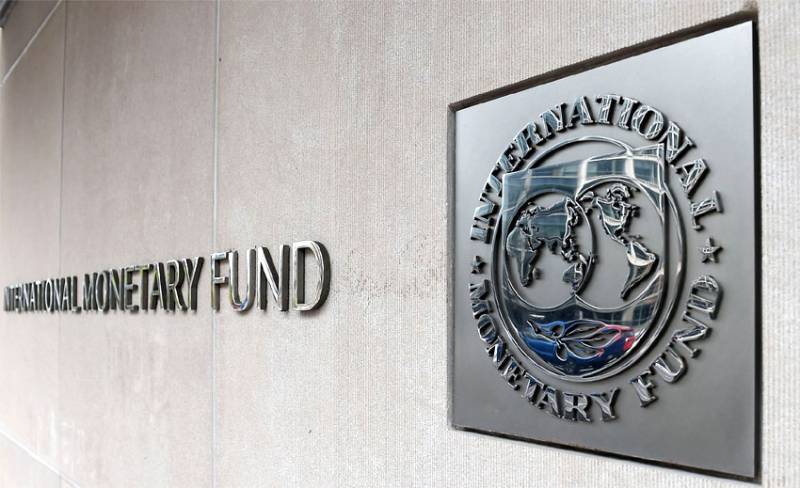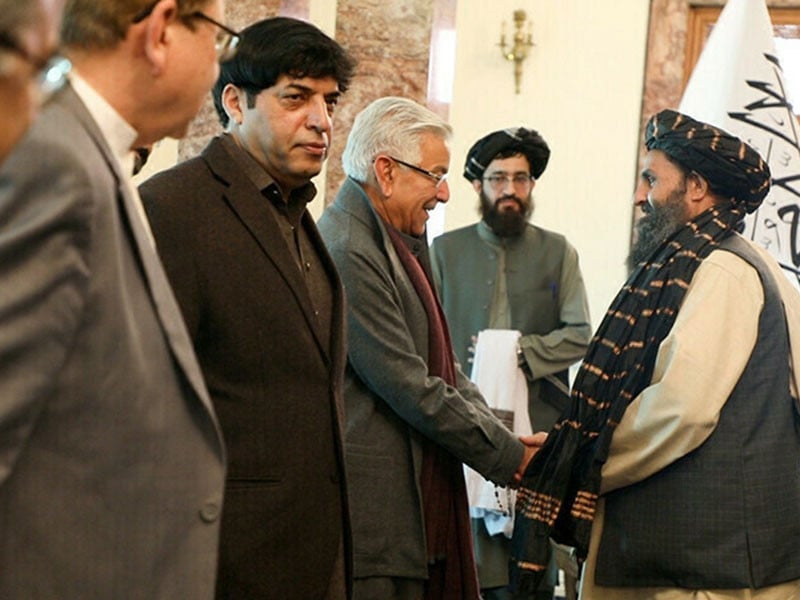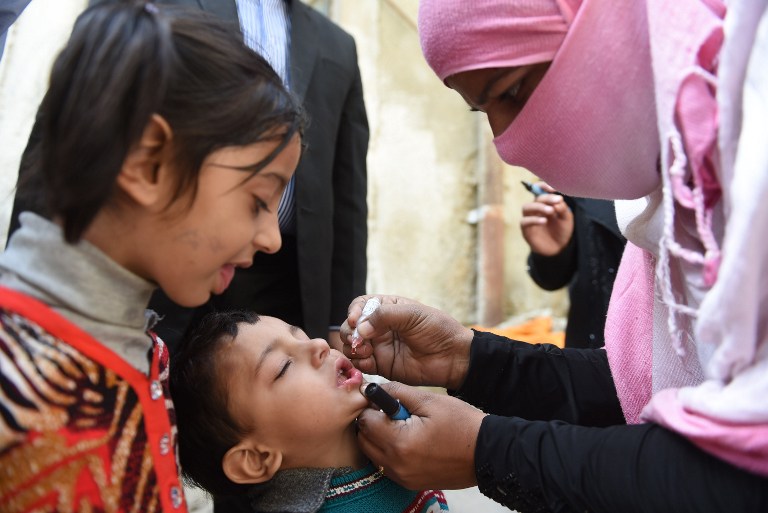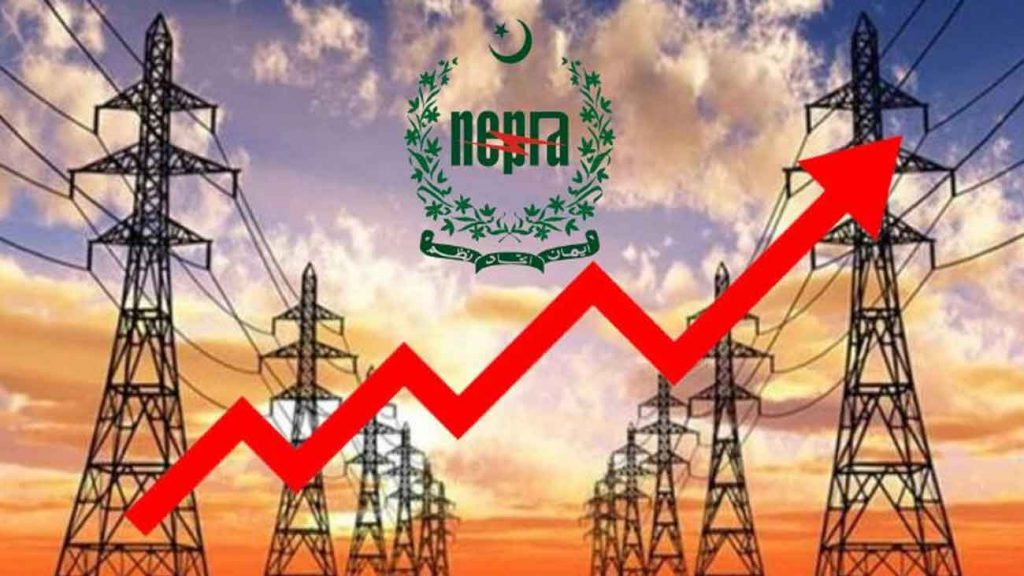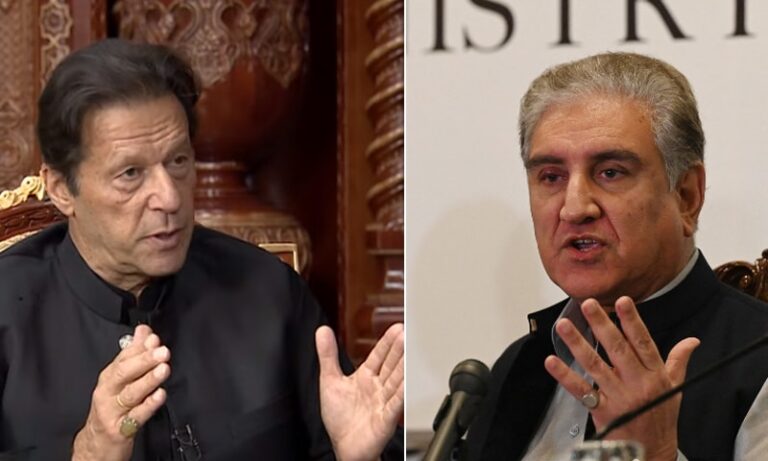Editorial
Pakistan’s ongoing discussions with the International Monetary Fund (IMF) about a potential follow-up programme to the previous nine-month $3bn stand-by arrangement (SBA) could herald significant benefits for the country’s economy. IMF Managing Director Kristalina Georgieva, speaking at an event at the Atlantic Council think tank, outlined key issues that need to be addressed, including increasing the tax base, directing public spending more effectively, and creating a more transparent environment. The country’s newly elected government and the IMF agreed last month on the second and final review of the $3bn SBA, which is expected to release around $1.1bn in funds. Both sides are also considering a longer-term bailout, as well as necessary policy reforms to rein in deficits, build up reserves, and manage soaring debt servicing.
Pakistan’s interest in a successor medium-term Fund-supported programme is a promising step towards permanently resolving the country’s fiscal and external sustainability weaknesses. This move aims to strengthen its economic recovery and lay the foundations for strong, sustainable, and inclusive growth. The IMF has laid out the broader conditionalities of the next programme, which are expected to be discussed in the coming months. Four central areas will remain under focus for reforms, including strengthening public finances, restoring the energy sector’s viability, returning inflation to the target, and promoting private-led activity by removing distortionary protection, reforms on state-owned enterprises, investment in human capital, and more. According to the IMF, discussions on a 36-to-39-month Extended Fund Facility will start soon.
Pakistan’s successful completion of its existing programme with the IMF is a significant achievement, but there are pressing issues that demand immediate attention. Georgieva has underscored the urgency for Pakistan to increase its tax base, ensure that the wealthier segment of society contributes to the economy, direct public spending more effectively, and create a more transparent environment. The country must also strive towards a medium-term programme that will span two to three years, as directed by Prime Minister Shehbaz Sharif. The newly elected government will need to implement comprehensive structural and economic reforms, including strengthening public finances, restoring the energy sector’s viability, returning inflation to the target, and promoting private-led activity.
Please, subscribe to the YouTube channel of republicpolicy.com



































